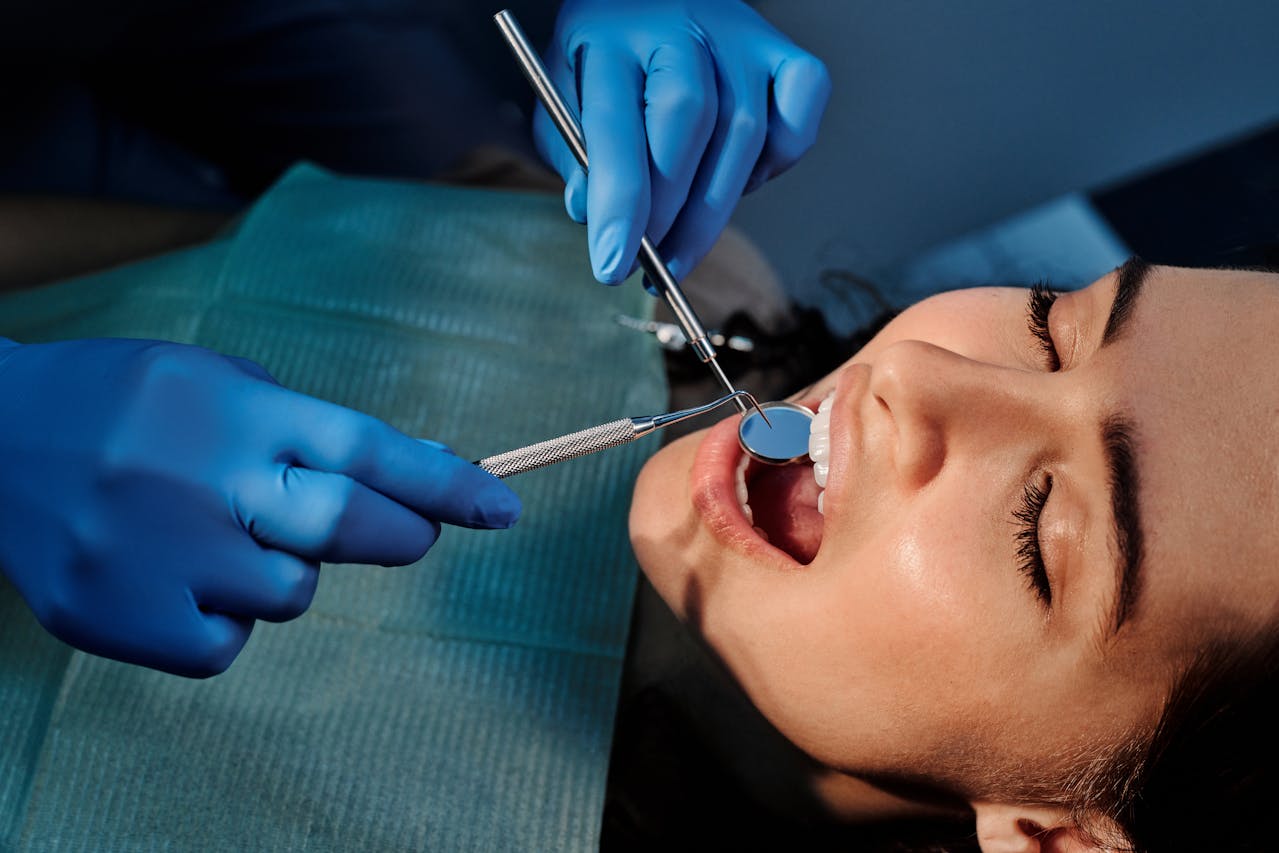Wisdom teeth, also known as third molars, typically emerge in late adolescence or early adulthood. While these molars can be valuable assets for some, they often present challenges for others. Understanding when your wisdom teeth may need removal is crucial for maintaining optimal oral health. In this guide, we’ll explore the signs and symptoms that indicate whether you should opt for wisdom teeth removal Sydney.
Pain and Discomfort:
One of the most common indicators that your wisdom teeth may need removal is persistent pain or discomfort in the back of your mouth. This pain can result from the teeth pressing against existing molars, causing crowding or impaction. If you experience consistent discomfort or sharp pain, it’s advisable to consult with a dentist for a thorough examination.
Swelling and Redness:
Swelling and redness in the gums around the back of your mouth can be a sign of inflammation, often associated with the eruption of wisdom teeth. If you notice these symptoms, it could indicate an infection or impaction, requiring prompt attention from a dental professional.
Difficulty or Pain While Chewing:
Wisdom teeth can create issues with proper alignment and bite, leading to difficulties or pain while chewing. If you find it challenging to bite or chew without discomfort, it may be an indication that your wisdom teeth are causing problems and should be evaluated by a dentist.
Persistent Bad Breath and Unpleasant Taste:
Impacted or infected wisdom teeth Sydney can contribute to persistent bad breath (halitosis) and an unpleasant taste in the mouth. This occurs when bacteria accumulate around the partially erupted or impacted teeth. Regular oral hygiene practices may not effectively reach these areas, necessitating professional evaluation.
Jaw Stiffness and Headaches:
Wisdom teeth issues can cause jaw stiffness and headaches due to the pressure and strain on the surrounding structures. If you notice a persistent ache in your jaw or experience headaches, especially in the back of your head, it may be linked to your wisdom teeth.
Difficulty Opening Your Mouth Fully:
If you find it challenging to open your mouth fully or experience discomfort when doing so, your wisdom teeth may be contributing to the issue. Restricted jaw movement can be a sign of impaction or inflammation, requiring assessment by a dental professional.
Cysts or Tumors:
In some cases, wisdom teeth may develop cysts or tumors, causing pain and potential damage to surrounding teeth and bone. Regular dental check-ups, including X-rays, can help detect these issues early on.
Recurrent Infections:
Recurrent infections around your wisdom teeth, known as pericoronitis, can be a strong indication that removal is necessary. This condition occurs when the gum tissue surrounding a partially erupted tooth becomes infected, leading to pain, swelling, and difficulty in maintaining oral hygiene.
Age and Development:
Monitoring the development of your wisdom teeth as you approach your late teens and early twenties is crucial. Dentists often recommend assessing the position and alignment of wisdom teeth during routine dental check-ups to identify potential issues before they become symptomatic.
Understanding the signs and symptoms that indicate the need for wisdom teeth removal is essential for maintaining optimal oral health. Regular dental check-ups and open communication with your dentist are key to addressing wisdom teeth concerns and preserving your overall oral well-being. Get in touch with an expert to know how much wisdom teeth removal cost in Sydney today.

